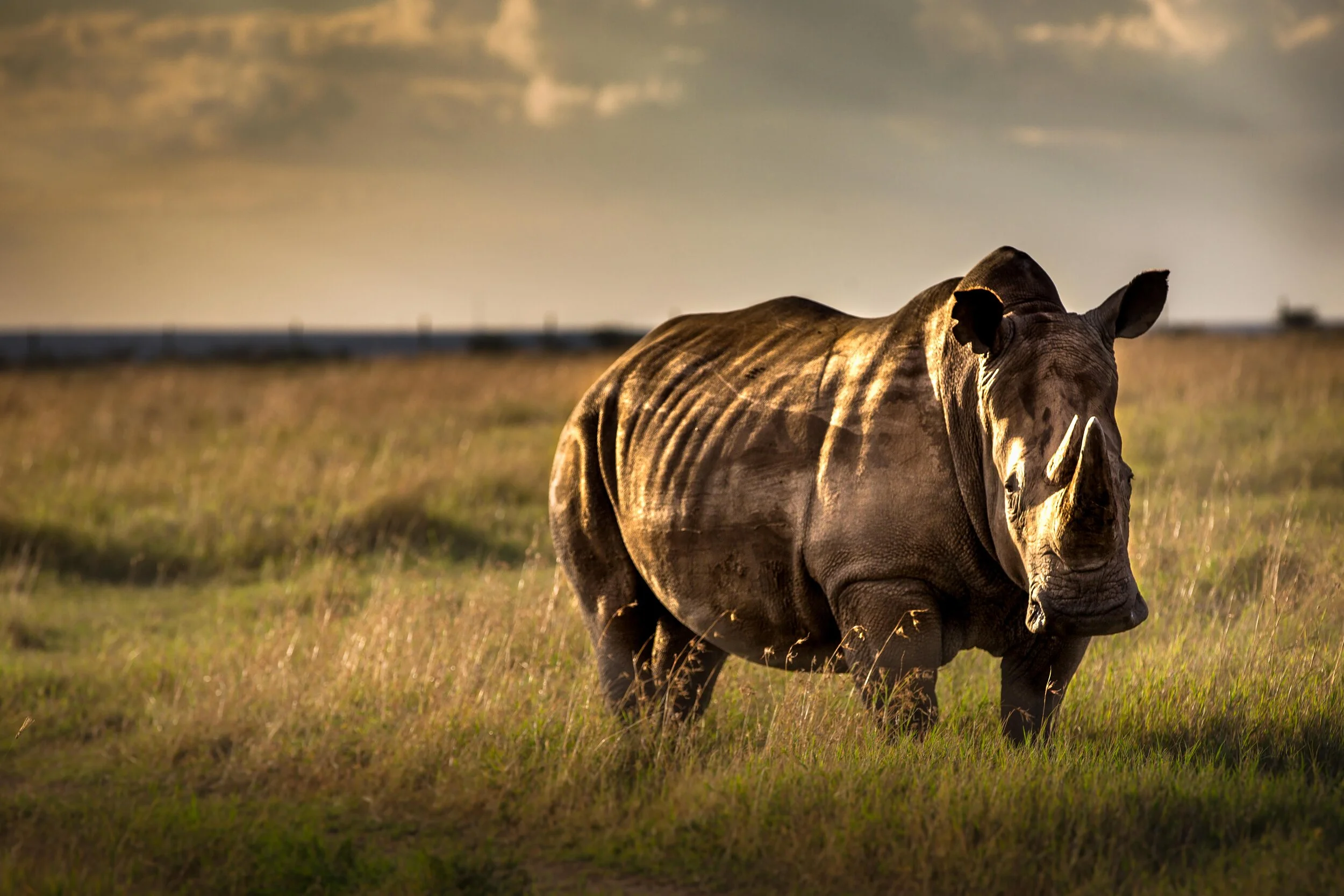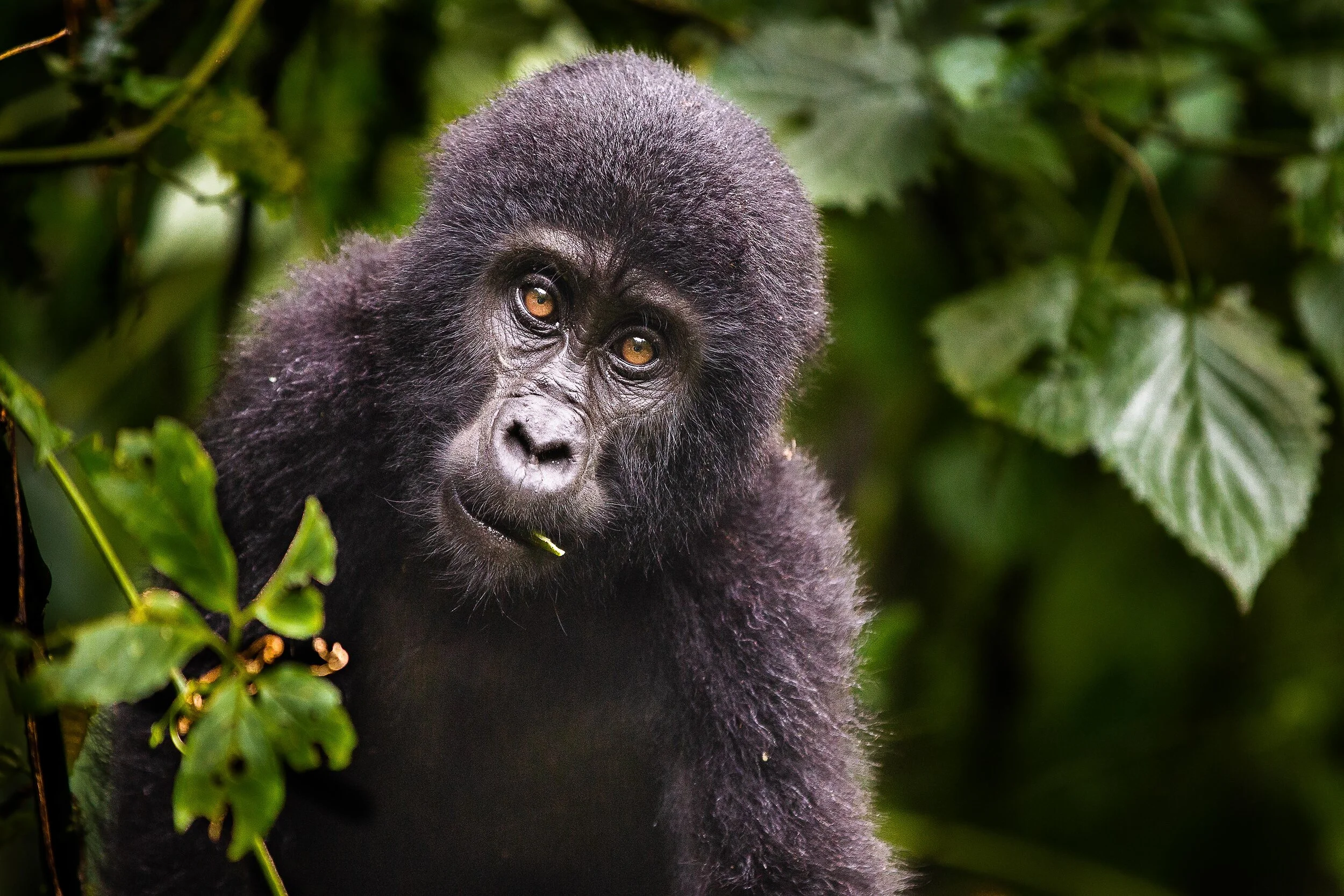
Maono Conservation Media educates, empowers, and encourages local and global audiences to create positive change through compelling conservation media featuring successful community-based solutions for critical conservation challenges.
Maono - the Swahili word for Vision - Drives Us
-

Why
Everywhere we look around the world, humans and wildlife are in an ever-growing competition for scarce resources, habitats, and even basic survival. Unfortunately, this often leads to violent encounters with deadly results for both.
Maono Conservation Media believes that increased awareness and knowledge are vital components of any approach to lessen human/wildlife conflict, the bushmeat trade, and the illegal trade in wildlife parts.
The greatest threat to lions, for instance, is retaliatory killings as a consequence of the cats attacking livestock. With approximately 20,000 lions left in the wild, we must do more to educate local people in alternative ways to avoid these deadly confrontations. MCM sees multiple opportunities to create educational media projects that help spread knowledge, empower tribespeople to become lion guardians and provide local villages with improved ways to discourage lions from raiding cattle.
The challenge with lions is only one example of the many places where human/wildlife conflict is wreaking havoc on populations of wild animals.
The bushmeat and illegal wildlife trade affect a wide variety of species. From elephants to pangolins to giraffes, consumer demand for these products drives many species closer to the brink.
Our foundational belief is that community-based change comes from education. It’s about finding the people who are already making a difference and bringing their experience, knowledge, and innovations to broader audiences that can learn new solutions to old problems.
-

What
MCM produces short films, informational programs, and longer-form productions that present detailed stories with high-quality imagery and powerful characters. These various products feature success stories for a wide variety of conservation challenges. Our goal is to create educational media that both spread meaningful information and help to encourage people to look at conservation problems in a new way.
We work with a diverse and inclusive array of presenters and local representatives to further the goal of wildlife conservation. MCM provides a platform for relatable faces to talk straightforwardly, in native languages, about the value of wild places, animals and the importance and rewards of conservation.
No matter where a story originates, the aim is to make the rewards of natural resource protection universally apparent and understandable.We achieve this by seeking out and presenting success stories that are relevant, relatable, and scalable to regional or even global viewers.
Our approach identifies the need, finds the best solutions and strategies, and creates educational media to disseminate that information.
We tell stories that make a positive difference for wildlife and our audiences.
-

Where - How
The issues we seek to address, such as human/wildlife conflict, the bushmeat trade, and the illegal trade in animal parts, occur in many places. Our initial efforts are focused on various countries in Africa that have a particular urgency to find solutions to these problems.
These locations include Uganda, Tanzania, Kenya, Botswana, Namibia, South Africa, Nigeria, and other countries.
By working with regional broadcasters, streaming services, and online opportunities such as social media, MCM packages content in formats that leverage the advantages of each platform. These partnerships maximize the widest audience possible in the furtherance of our vision. In many cases, these partnerships involve local school and village presentations as well.
It may be training Maasai warriors to be lion guardians in Tanzania or educating school children in Uganda about the value of elephants and the dangers of illegal snares and traps for bushmeat. The locations differ, the stories vary, but the message is clear. We must change our approach and become better stewards of the environment.
Our objective is to take these local conservation efforts, bring them to wider audiences, and communicate this fundamental message. No matter how small the deed may be, we must all act if the planet, its wildlife, and ultimately we humans are to survive.


